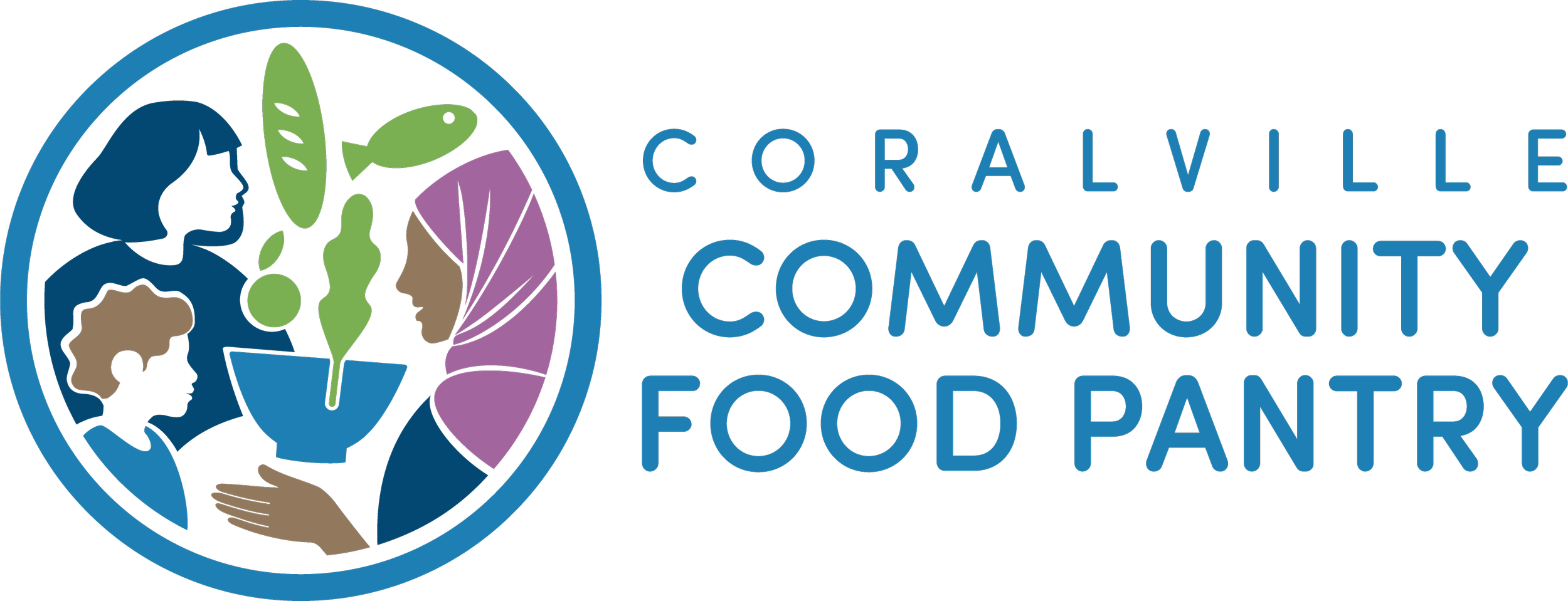Johnson County Food Access Network Statement on Reconciliation Bill
Johnson County, IA (July 4, 2025) — The Johnson County Food Access Network–a collection of 18 Johnson County food pantries and food recovery nonprofit organizations–are issuing the following statement in response to the recent passage of the “One Big Beautiful Bill Act” budget reconciliation bill.
Over the past weeks, we have watched with dismay as our state and federal elected officials turned their backs on Eastern Iowans experiencing hunger. It began with Governor Reynolds’ chaotic rollout of Healthy Kids Iowa–an inadequate replacement for Summer EBT–and culminated in Senators Chuck Grassley and Joni Ernst, along with Representative Marianette Miller-Meeks, voting for the largest cut to SNAP in history. These cuts literally take food out of the mouths of vulnerable Johnson County residents.
This bill includes harmful provisions that will deepen hunger and health inequities across Iowa. A $40 million annual SNAP cost-shift to the state nearly guarantees benefit reductions jeopardizes vital Health and Human Services programs. SNAP-Ed–which supports nutrition education, school gardens, and chronic disease prevention–is set to be defunded. Is this really how we “Make America Healthy Again?”
New work reporting requirements could cause thousands of Johnson County residents to lose SNAP. This is not a result of refusing to work, but instead, getting lost in bureaucratic hurdles and cumbersome red tape. Combined with substantial cuts to Medicaid, this bill pushes more of our vulnerable neighbors into crisis while shifting the burden to already overstretched local nonprofits.
These cuts will hit Johnson County hard. Local food pantries are already witnessing historic demand. In FY25, our three largest pantries in Johnson County distributed nearly 4 million pounds of food, up 15% from the prior year. Further SNAP and Medicaid rollbacks will overwhelm our network’s limited resources. Families will have to choose between food and medical care, and our local economy will suffer, as every $1 in SNAP generates $1.54 in economic activity.
Our elected officials have repeatedly failed to show up. Rep. Miller-Meeks declined multiple invitations to visit Johnson County food pantries, passing up an opportunity to hear directly from local leaders about the rising need and the strain on our community. Sen. Grassley’s staff showed concern, but his votes tell a different story. Their actions, or inaction, prioritize politics over the well-being of our struggling neighbors.
These abhorrent policy decisions have virtually eliminated the public safety net, undoing decades of progress. These cuts don’t erase the need–they shift the burden onto overwhelmed and under-resourced nonprofits. Our government has turned its back on children, seniors, people with disabilities, and working parents just trying to survive. Food pantries are expected to become the new safety net. We cannot do this alone.
We stand with our neighbors, but we need your help. Please consider volunteering with or donating to your local food pantry to help the Johnson County Food Access Network navigate these new, pressing challenges.
Signed,
Sarah Nelson, CommUnity Crisis Services & Food Bank
John Boller, Coralville Community Food Pantry
Ryan Bobst, North Liberty Community Pantry
Nicki Ross, Table to Table

